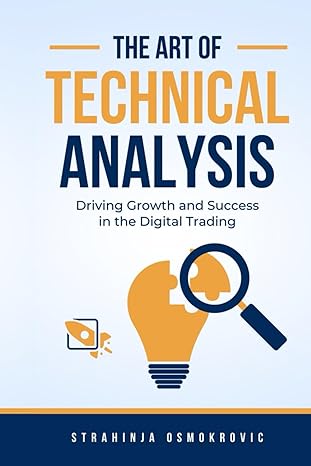Question
Loreto Fernndez, the regional director of Inka-Kola, the international empire of soft drinks, was reviewing investment plans in the Caribbean. There were plans to launch
Loreto Fernndez, the regional director of Inka-Kola, the international empire of soft drinks, was reviewing investment plans in the Caribbean. There were plans to launch Inka-Soda in Cuba in 2014. This would result in a payment of $ 20 million in 2014 to rebuild a bottling plant and distribution system established there. Fix costs (production, distribution and marketing) would be $ 3 million a year from 2015 onwards. This would be enough to produce and sell 200 million liters per year - enough for every man, woman and child in Cuba to drink four bottles a week! but there will be have very few savings in case of building a smaller plant, and tariff and transportation costs in the region maintain all production within national boundaries. The variable costs of production and distribution would be 12 cents per liter. The company policy requires a rate of return of 25 percent in nominal dollars after local taxes, but before deducting any costs of funding. Sales revenues are expected at 35 cents per liter. Bottling plants last almost forever, and all unit costs and revenues were expected to remain constant in nominal terms. Tax would be payable at a rate of 30 percent under the Cuba corporate tax code capital expenditures can be written off on a straight lane basis over four years. All these inputs were reasonably clear but Miss Fernandez racked brain trying to estimate sales. Inka-Soda had found that the rule "1-2-4" worked in most new markets. Sales typically doubled in the second year, it doubled again in the third, and after that, remain roughly constant. Loreto best guess was that if she went ahead immediately, initial sales in Cuba would be 12.5 million liters in 2015, jumping to 50 million from 2017 onwards. Miss Fernandez was also worried whether it would be better to wait a year. The soft drink market was developing rapidly in neighboring countries, and within a year, she should have a much better idea whether Inka-Soda was likely to catch on in Cuba. If it didnt catch on, and sales stayed below the 20 million liters, a large investment would probably not be justified. Ms. Fernandez had assumed that Inka-Soda keen rival Teh Botol, would not also enter the market but last week she received a shock when in the lobby of the National Hotel she bumped into her opposite number at Teh Botol. Teh Botol should face costs similar to Inka-Soda. How would Teh Botol respond if Inka-Soda enter the market? Would it decide to enter also? If so, how would that affect the profitability of Inka-Soda project? Miss Fernandez thought again about postponing investment for one year. Suppose Teh Botol were interested in the Cuban market. Would that favor delay or immediate action? Maybe InkaSoda should announce its plans before Teh Botol had the chance to develop its own proposals. It seemed that the Cuban project was becoming more complicated by the day.
1. Calculate the NPV of the investment proposal, using the inputs suggested in this case. How sensitive is the NPV to future sales volume? Do a sensitivity and simulation analysis. 2. What are the pros and cons of waiting for a year before deciding whether or not to invest? Hint: What happens if demands turn out high and Teh Botol also invest.? What if Inka-Soda invests right away and gains a year head start on Teh Botol? Explain the possible outcomes
Step by Step Solution
There are 3 Steps involved in it
Step: 1

Get Instant Access to Expert-Tailored Solutions
See step-by-step solutions with expert insights and AI powered tools for academic success
Step: 2

Step: 3

Ace Your Homework with AI
Get the answers you need in no time with our AI-driven, step-by-step assistance
Get Started


